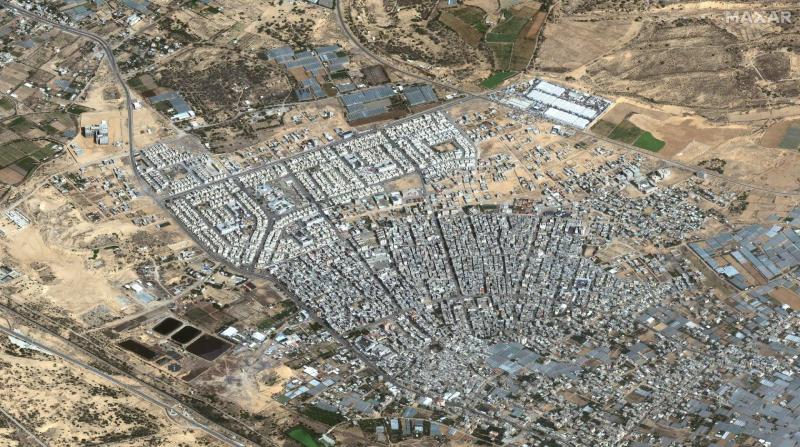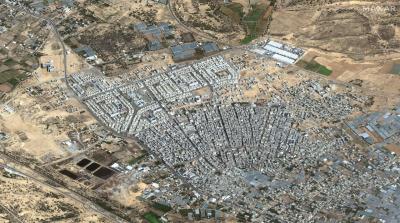Despite international warnings against launching a military operation in Rafah, southern Gaza Strip, Israeli media has revealed that the army will present a detailed plan for the incursion to political leadership next week. The "Times of Israel," citing a report from Channel 12, noted that the plan seemingly involves relocating Rafah residents to other areas in southern and central Gaza but does not include relocation to northern Gaza. The report also indicated that Defense Minister Yoav Gallant and Minister of War Benny Gantz believe the army must enter Rafah if no agreement is reached regarding hostages by the start of Ramadan, which begins in March.
The international community, led by the United States, has intensified calls to dissuade Israel from launching a large-scale attack in Rafah, where approximately 1.5 million Palestinians are trapped at the border with Egypt. President Joe Biden warned Israeli Prime Minister Benjamin Netanyahu during a phone call on Thursday against conducting an operation in Rafah without a plan to safeguard civilian lives. The White House stated that Biden "reiterated his position that military operations must not occur without a reliable and actionable plan ensuring the safety of civilians in Rafah."
Netanyahu announced on Wednesday a "strong move" in Rafah to deal a decisive blow to Hamas but mentioned that his army would allow civilians to "leave areas of combat" without specifying their destination.
According to the United Nations, around 1.4 million people, most of whom were displaced due to the war, are gathered in Rafah, which has become a massive camp. More than half of Gaza's population is crowded into less than 20% of the Gaza Strip's area. Additionally, Rafah serves as the main entry point for aid from Egypt, which is controlled by Israel. However, assistance through this crossing is insufficient to meet the needs of a population threatened by famine and epidemics.




